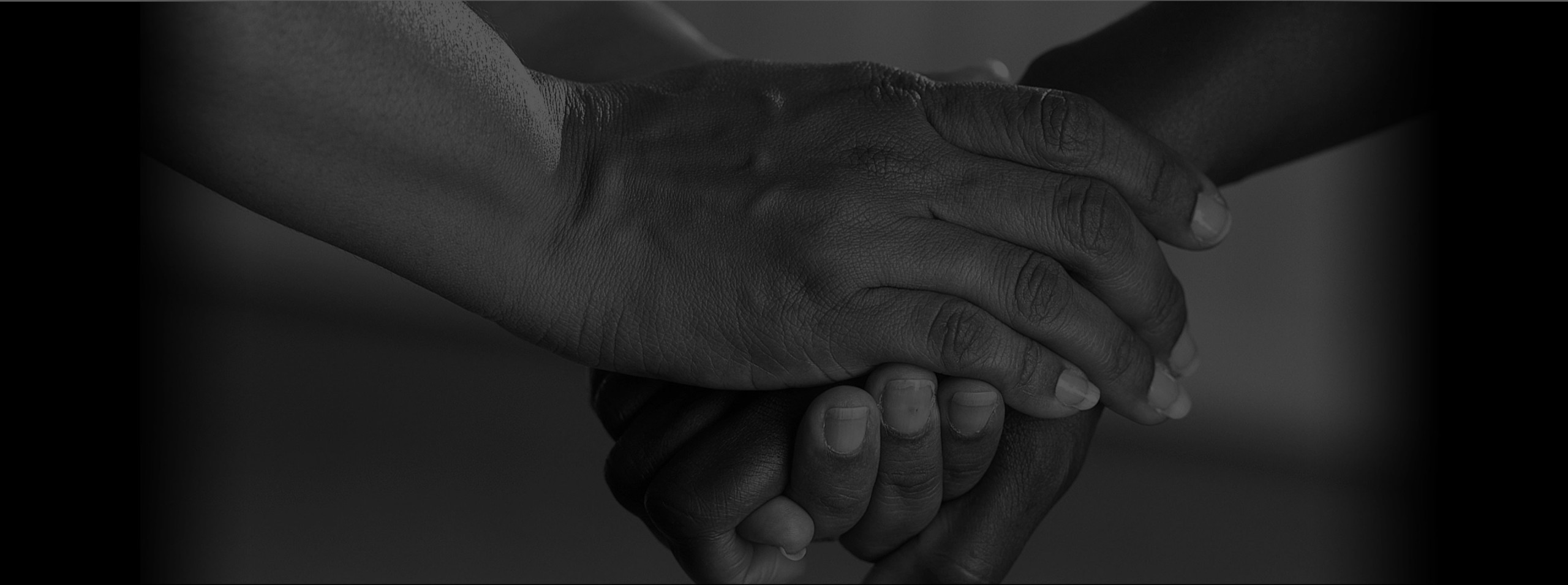
10 Markers of Success in
Black Youth Development
We asked the leaders of more than 50 youth development organizations what success looks like when young people engage in their programs. Themes are inspired by Adinkra symbols of West Africa.
Educational needs are determined by Black parents & Black youth development leaders
ln the spirit of Menso Wo Kenten, self-reliance and self-determination are critical for developing a liberated sense of self. The needs of Black youth must be supported by policies rooted in concern and respect. Parents and caregivers must have open access to pathways and skills to advocate for their children. We must have more Black educators who are set up for continued success. Young people must gain knowledge of Black culture and pride, in spaces that are safe physically, mentally, emotionally, and academically.
Self-actualization is expected and achieved
In the spirit of Abe Dua, resourcefulness and self-sufficiency can be developed through intergenerational wellness and healing from oppression. Black people must be able to contextualize their experiences and history, and one’s born circumstances must not box them into undesirable outcomes. Blending into mainstream America cannot be the only way for Black people to matter and to excel. Full agency must be developed with resources to encourage young people to take on active and confident roles in how their lives are shaped. Young people must have a network of positive relationships from which to draw support and take on risks confidently. Self-actualization is a byproduct of guided maturation, using principles of empowerment to think and act aspirationally.
100% literacy rate
In the spirit of Sankofa, we all need to learn from the past to build for the future. Children first learn to read, then read to learn. We must not leave any child without the skills they need to learn.
Students are supported and taught, not policed
In the spirit of Akoko Nan, nurturing should be centered over punishment. Our education system should seek to reinforce stability in students’ lives, centering holistic healing, with progress measured on a case-by-case basis. Thriving may take years, depending on the trauma each young person has experienced.
Students have access to infrastructure to support learning
In the spirit of UAC Nkanea, students need equitable access to modern technologies to be complete learners. All families must be empowered to support learning or studying at home with access to broadband internet, and stable, affordable homes. Every family must have a quality school in their neighborhood to which to send their learners.
Mentoring is available to those who need it
In the spirit of Woforo Dua Pa A, those who climb a good tree deserve a push. Young people should feel comfortable asking for help, and know where to find it. We must meet them where they are and expose them to a community of learning, composed of intergenerational Black role models who are successful in a variety of careers. Mentoring and internships expose youth to new visions for their future and provide experience to propel them along their path.
Students develop leadership skills
In the spirit of Akoben, we must be ready when called to action and embrace volunteerism. By being service-oriented, young people can build community identity and strengthen their confidence and character. Youth can develop leadership skills in many ways – through public speaking, positive peer modeling, performing, displaying original artwork, giving back to programs they took part in, and more. When given opportunities to lead in supportive environments, young people are more likely to be activated for purposes beyond themselves.
Students develop a broad worldview
In the spirit of Asase Ye Duru, we must be exposed to the broader world to appreciate our role in it. Young people must get the chance to learn lessons in new contexts, helping them see themselves and their potential outside of their core experiences. When young learners navigate worlds they didn’t know existed, they gain confidence, are inspired to learn more, and are more likely to develop a healthy sense of self. They show up more informed in school, with their families, with their friends, and for their communities, and see clear opportunities for social and economic progress.
Students develop a lifelong love of learning
In the spirit of Nea Onnim, those who learn can grow. Young people must learn new skills, build on existing skills, and take pride in their work. Students whose curiosity is nurtured are inclined to learn more about the subjects they’ve been exposed to, take educated risks, and ask questions that deepen their understanding and proficiency.
High school graduates are college- or career-ready
In the spirit of Aya, independence, perseverance, and resourcefulness are valuable traits for our young people to have – especially as they grow into adulthood. We must ensure that all high school graduates are equipped with competitive credentials to enter college and/or begin a sustaining career. We must ensure that resources are available to support young people in post-secondary opportunities, so they can be successful in their early endeavors.